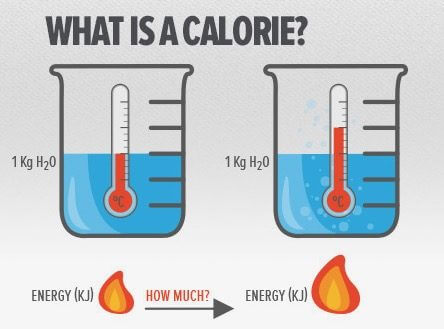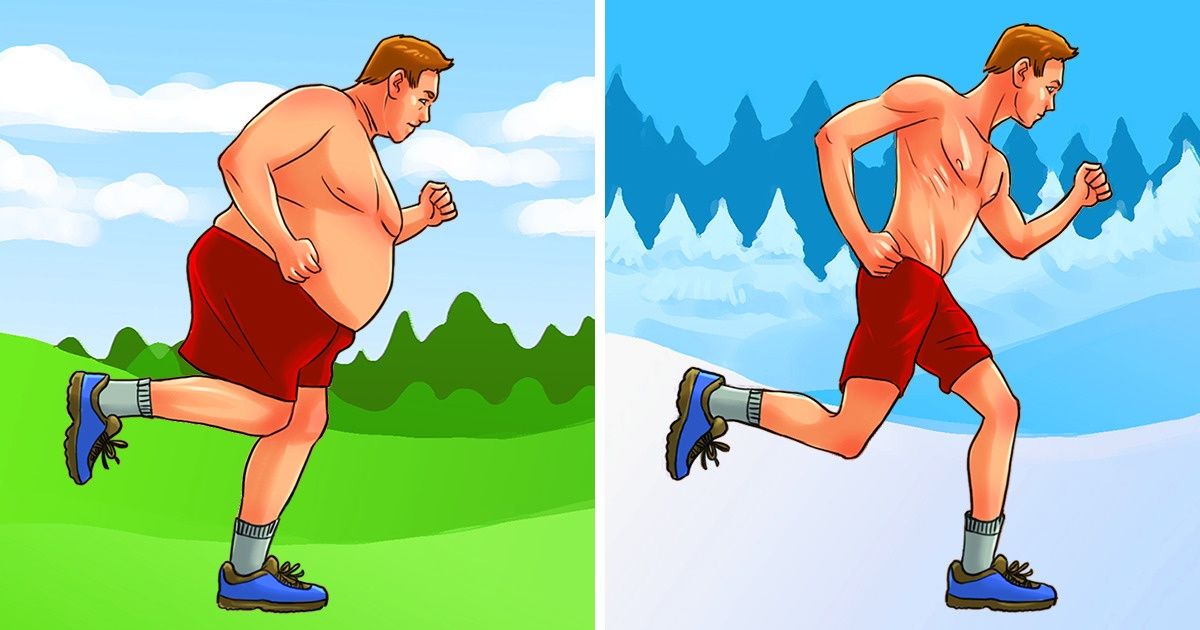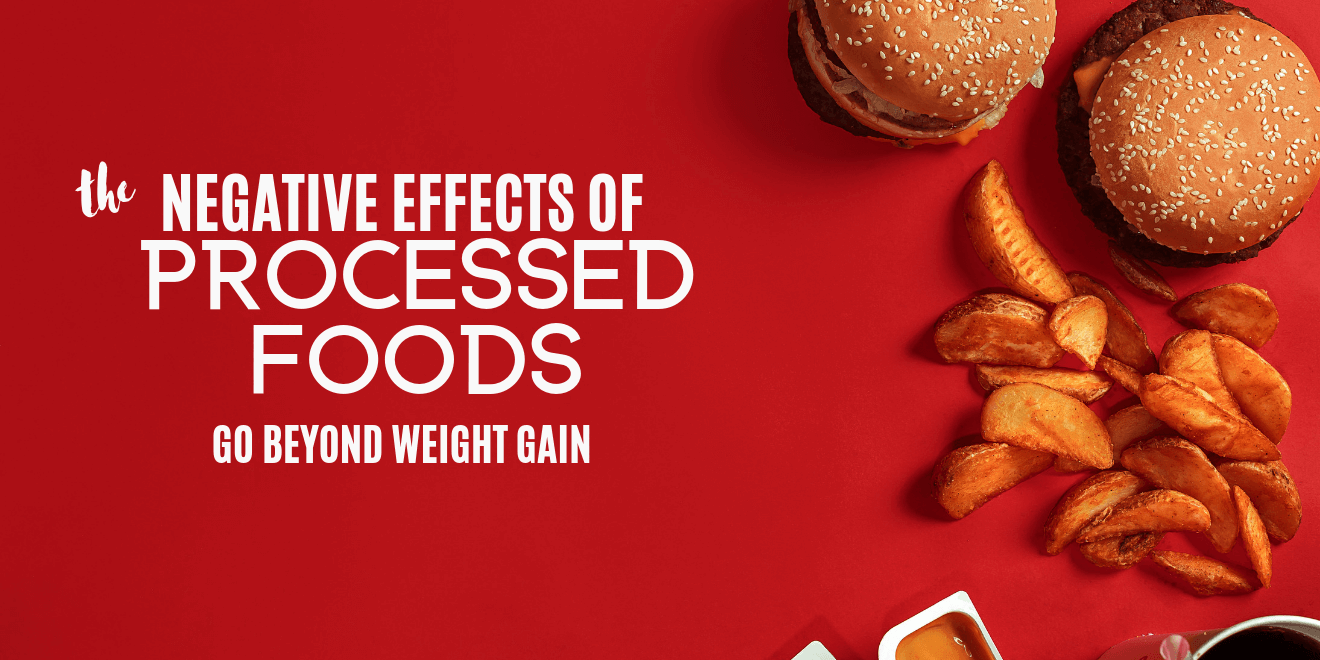The daily calories we need vary by our age, metabolism of our body, and the amount of physical activity and workout we are doing in our daily life. The necessary daily calorie requirement for women is 2,000 calories and for men 2,500 calories per day.
What is a calorie?

“A calorie is a unit of heat or energy and it is defined as the amount of heat required to increase the temperature of one gram of water by one degree Celsius”.
Different things like meat, vegetable, fruits, milk, and juices we eat or drink provide our body with calories, we need the energy to live and to remain fit and healthy. All the activities we perform or able to perform depends on the energy that comes in the form of calories, whether it is sitting on the couch or even sleeping for hours or doing some exercise or physical work.
Calories, Kcal and KJ
The term Calories Kilocalories and Kilojoules are interchanged and commonly are used along with each other. You commonly find the word kcal written on food packets. Kcal stands for Kilocalories. Now Kilojoules (kJ) is equal to kilocalories within the International System of Units, and you’ll see both kJ and kcal on nutrition labels.
Now 4.2 KJ=1Kcal
Calories and different foods
Different foods have different calories for example fats and proteins carry a lot of calories due to their molecular structures. The carbohydrates and minerals on the other hand have their benefits. Vitamins have their benefits each food is carried a different amount of energy and benefits.

Factors affecting the number of Calories
The amount of energy you require depends upon multiple factors some of them are described as follows
Your ageYour age
The amount of energy required by you depends upon your age, for example, teenagers and children of growing age require more amount of calories as new tissues are going to be developed in them.
Your lifestyle
The number of calories varies with the lifestyle you are following if you are doing physical activity or doing exercise you need more calories. This is because now are burning more calories and your body’s metabolism is working more efficiently and now you need more calories to intake. When you are not doing any exercise you need a fewer amount of calories. If you take more calories and do nothing this excessive energy would store in your body as fat and causes many diseases. When you are not doing any exercise, you are like stagnant water.
Your size
Your height and the weight you are carrying can also affect the amount of energy and calories you require. When your size and weight increase then you have more tissues and cells to feed. So the numbers of tissues and cells have been increased so you need more calories to carry out daily routine workouts.
Hormones production
Different hormones and chemicals are produced by our body, people having a greater thrust of appetite. In their body, these hormones are produced in abundance which is related to hunger. This doesn’t mean that they need that many calories. But some hormones like thyroid hormones increase the amount of calories intake for your body.
Some Medicines
Some medicines like glucocorticoids, a type of steroid used to treat inflammation, or some medicines prescribed by doctors to increase your intake of calories.
Getting Well after a disease
When you are getting well after an illness your requirement for the intake of calories would eventually increase. The body is recovering and now you feel more hunger. In these times doctors prescribe special food so you can be recovered from the weakness of that disease
Maintaining a healthy weight
You should try to use BMI calculators to find out how much weight you require at a particular height.
You can achieve a healthy weight; you need equilibrium between the number of calories you are in taking via food and drink with the number of calories you are burning through physical activity or exercise. If they are not proportional to each other less then you need to increase the physical activity. Otherwise, the excess energy would be stored in your body as fatal fats.
Losing weight

You can follow different weight loss plans and consult your doctor before taking any medicines to reduce your weight
Gaining weight
f you are underweight according to the BMI calculator. You can adequately adjust your diet plans. Sometimes so lose too much weight you are diagnosed with Diabetes. So consult your doctor if you are losing too much weight too quickly.
Why not take processed food?

These foods are rich in calories and regular use of processed foods can cause obesity or some other health-related issues.
Common processed foods
There are some examples of common processed food:
- Breakfast cereals
- Pizza
- Cheese bread
- Tinned vegetables
- Bread
- Delicious snacks, such as crisps
- Sausage rolls, pies, and pasties
- Meat products, such as bacon
- Sausage, ham, salami, and paté
- Microwave meals
- Ready meals
- Cakes and biscuits
Avoid soft drinks
Soft drinks carry too many calories that you can’t digest properly and different chemical and coloring flavors are added into soft drinks which can cause obesity, cancer, and Diabetes.
Try to maintain a healthy diet plan for your good health

